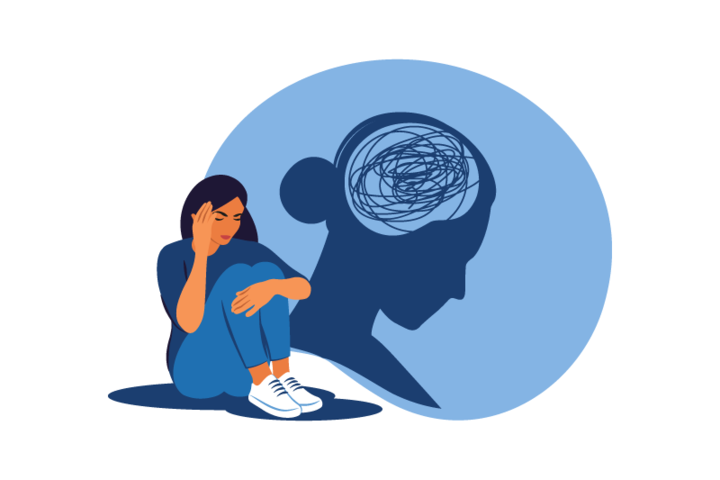
What is duloxetine?
Duloxetine is a selective serotonin and norepinephrine reuptake inhibitor antidepressant (SSNRI). Duloxetine affects chemicals in the brain that may be unbalanced in people with depression.
Duloxetine is used to treat major depressive disorder in adults. It is also used to treat general anxiety disorder in adults and children who are at least 7 years old.
Duloxetine is also used in adults to treat nerve pain caused by diabetes (diabetic neuropathy), or chronic muscle or joint pain (such as low back pain and osteoarthritis pain).
Some brands of duloxetine are also used to treat fibromyalgia (a chronic pain disorder). Drizalma is for treating fibromyalgia only in adults. Cymbalta may be used to treat fibromyalgia in adults and children at least 13 years old.
Warnings
Do not take duloxetine within 5 days before or 14 days after you have used an MAO inhibitor, such as isocarboxazid, linezolid, methylene blue injection, phenelzine, tranylcypromine, and others. A dangerous drug interaction could occur.
People with depression or mental illness may have thoughts about suicide. Some young people may have increased suicidal thoughts when first starting a medicine to treat depression. Tell your doctor right away if you have any sudden changes in mood or behavior, or thoughts about suicide.
Do not stop using duloxetine without first talking to your doctor.
Before taking this medicine
You should not use duloxetine if you are allergic to it.
Do not take duloxetine within 5 days before or 14 days after you have used an MAO inhibitor, such as isocarboxazid, linezolid, methylene blue injection, phenelzine, or tranylcypromine. A dangerous drug interaction could occur.
Tell your doctor if you also use stimulant medicine, opioid medicine, herbal products, or medicine for depression, mental illness, Parkinson’s disease, migraine headaches, serious infections, or prevention of nausea and vomiting. An interaction with duloxetine could cause a serious condition called serotonin syndrome.
Duloxetine is not approved for use by anyone younger than 7 years old.
To make sure duloxetine is safe for you, tell your doctor if you have:
-
- heart problems, high blood pressure;
-
- liver or kidney disease;
-
- slow digestion;
-
- a seizure;
-
- bleeding problems;
-
- sexual problems;
-
- narrow-angle glaucoma;
-
- bipolar disorder (manic depression);
-
- drug addiction or suicidal thoughts; or
-
- if you drink large amounts of alcohol.
People with depression or mental illness may have thoughts about suicide. Some young people may have increased suicidal thoughts when first starting a medicine to treat depression. Stay alert to changes in your mood or symptoms. Your family or caregivers should also watch for sudden changes in your behavior.
Taking an SNRI antidepressant during late pregnancy could increase your risk of excessive bleeding after you give birth, and may cause serious medical complications in the baby. However, stopping the medicine may not be safe if you have a relapse of depression. Do not start or stop duloxetine without asking your doctor.
If you are pregnant, your name may be listed on a pregnancy registry to track the effects of duloxetine on the baby.
If you are breastfeeding, tell your doctor if you notice drowsiness, feeding problems, and slow weight gain in the nursing baby.
